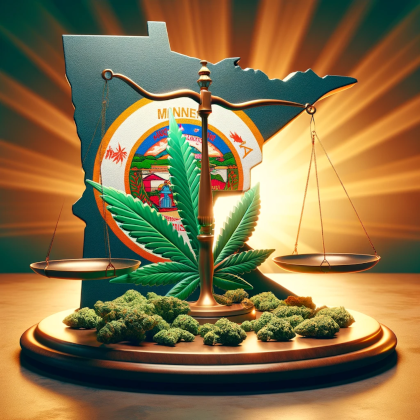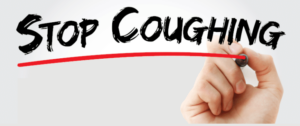
Government Vs Grass: Minnesota’s Approach to Accelerating Adult-Use Cannabis Sales
As lawmakers gear up for the 2024 legislative session, the tension in Minnesota’s political arena is palpable. With the launch of recreational marijuana sales slated for early 2025, the stakes are higher now more than ever. But it’s not just about meeting deadlines—it’s about cutting through bureaucratic red tape that threatens to strangle the will of the people.
The Office of Cannabis Management (OCM) is leading the charge, advocating for amendments that would (in theory) make the licensing process faster and more accessible, especially for social equity applicants, with temporary licenses that would allow them to get up and moving alongside the industry. The ultimate goal is a successful rollout of recreational cannabis in Minnesota, and on time with their 2025 goal.
Charlene Briner, interim director of the OCM, emphasized the need for a few tweaks to help get things off the ground in Minnesota’s cannabis industry and doesn’t sugarcoat the challenges ahead. She paints a stark picture of the hurdles facing prospective business owners, especially since the law, as it stands, requires people to secure property before obtaining a license. It’s a high-stakes gamble with no guarantees that could leave them empty-handed, especially if they go so far as to purchase property and then not get a license to operate.
Briner’s plea for change echoes the frustration felt by many in the industry. It’s a sentiment shared by voices like Jason Tarasek, who see Minnesota’s cautious approach as unnecessary when there are so many other states, like Colorado and Oregon, operating perfectly, and Minnesota could model its recreational integration after those before them. Why make it harder than it has to be?
However, while legislators squabble, diverse arguments and perspectives have emerged. Proponents believe Minnesota is being proactive. Getting recreational cannabis off the ground sooner rather than later comes with economic opportunities, job creation, and tax revenue generation associated with the cannabis industry, which are explosive if any other recreational state compares. They advocate for measures to promote social equity, diversity, and inclusion in licensing processes, aiming to rectify past injustices and empower marginalized communities.
Conversely, skeptics raise concerns about regulatory oversight, public health implications, and potential social harms associated with increased cannabis accessibility. Many believe that Minnesota is making things harder on themselves in the future by rushing. And everyone else in the state is wondering what gives. It doesn’t have to take so long, and as we’ve seen in other states, there are very few health implications and social harms associated with recreational cannabis.
So it really begs the question: is the government dragging its feet for any other reason than to ensure they put more and more policy in place to stuff their pockets? Minnesota could theoretically roll out cannabis in months, and yet, these blanket statements about the dangers of marijuana are antiquated and acting as a convenient excuse to avoid the problems at hand.
Several Native American tribes with tribal sovereignty in Minnesota already sell recreational weed on their land, leveraging their autonomy to pioneer initiatives in the cannabis market. It can be implemented very quickly.
Despite ongoing debates, Minnesota’s current laws for recreational cannabis allow adults 21 and older to possess and travel within the state with up to 2oz of weed, 8g of concentrates, and edibles with up to 800mg of THC. Adults can also grow up to 8 plants with up to 4 flowering at a time. They can even store up to 2 pounds of weed at home.
Amidst the discord, one thing remains clear: time is of the essence. Minnesota’s current laws for recreational cannabis offer a glimpse into the future, but whether the proposed amendments will see the light of day remains to be seen.
While the infrastructure for rec is already in place considering the rules Minnesota has for alcohol and tobacco, special consideration is often warranted, especially with social equity plans in place. But will the state support its people, or take as much time as they need to get it right?
In the meantime, recreational cannabis can be purchased on a few Native American lands, and Minnesota’s medical cannabis program continues to thrive, providing access to quality medical marijuana products and compassionate care for patients in need. As the state hashes things out, the resilience of the medical program serves as a reminder of the importance of prioritizing patient access, doing things the right way, and ensuring continuity of care.






